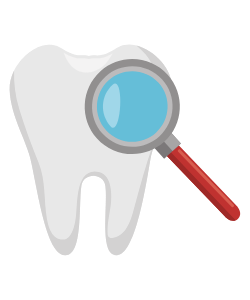You should first know the difference between a normal dental ailment and a dental emergency. A typical or ordinary dental ailment is when you have some minor to moderate pain, sensitivity, discomfort, swelling, bleeding, discoloured teeth, bad breath, etc. A dental emergency is when you have severe pain, sensitivity, discomfort, swelling and bleeding. This can be a result of an accident, impact from a sport, severe infection, etc. Loss of teeth or cracked and chipped teeth can also be classified as dental emergencies because they can have internal damage, so that needs to be ruled out.
If You Play an Impact Sport
If you know you play an impact sport, the first thing you need to do is get a mouthguard made by your dentist to prevent injury. Additionally, have a plan of what you should do if an accident were to happen around the playground when you don't have your mouthguard on. The on-site doctor or medical practitioner should have your medical information, including the contacts of your dentist; this helps you get effective treatment.
A Major Accident at a Random Locality
If you are in a major accident that knocked out some of your teeth and even injured your gums, cheeks, lips, etc., you might not be conscious. If you are, you won't be in a position to talk or communicate. You will be rushed to the nearest hospital, and a qualified doctor or surgeon will care for you. The only thing you can do is remain calm. After you are stable, you can contact your family with the help of your doctor.
How can you be prepared for this? The best thing to do is have an emergency contact list on your phone that anyone can access without having to unlock your phone. A next of kin who is a relative or a friend and your main doctors should be on your contact list, especially if you have an underlying condition that you are managing. This applies to any accident, including those that do not involve your teeth or mouth.
A Minor Accident Near Your Home
This is an accident that is not that severe but needs immediate dental care. For example, you might have lost, cracked or chipped some of your teeth and you may be bleeding continuously. Have someone contact your dentist to inform him or her of your accident and what is happening. Your dentist will provide first-aid instructions as he or she prepares the clinic for your arrival.
If the dentist is located far away, he or she may recommend a dentist who is nearer. This is one of the reasons you are told to get a dentist with a dental clinic around or near your home or where you spend most of your days.
To learn more about emergency dentistry, contact a dentist.
Share
